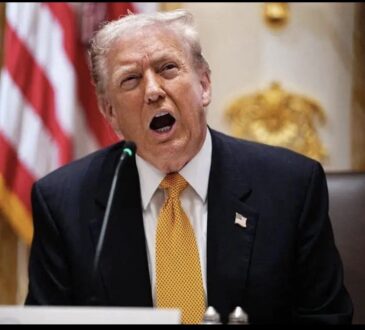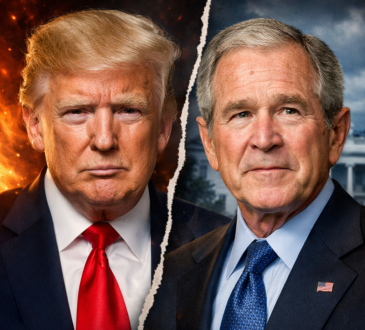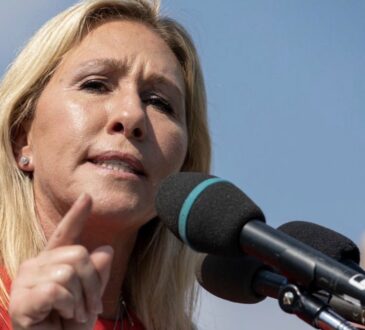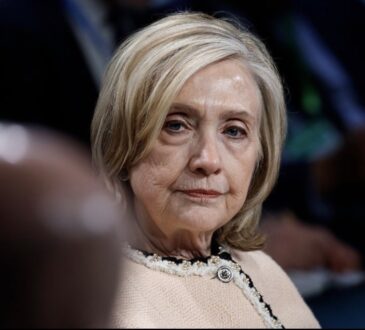Truth on whether Trump could actually prosecute Obama for ‘treason’ as former president responds with rare statement

Recently, Donald Trump caused a stir after he shared an AI-generated video showing Barack Obama being arrested. The video, clearly not real, added fuel to growing claims from some of Trump’s allies who are accusing Obama of being involved in a so-called conspiracy during Trump’s first term. One of the most vocal figures in this situation is Tulsi Gabbard, a former Congresswoman and currently the U.S. Director of National Intelligence. She has accused Obama of leading a “treasonous conspiracy” just before leaving office in 2017.
According to Gabbard, documents that were declassified and released in mid-July allegedly show that Obama and other officials created a misleading intelligence report. That report suggested that Russia had interfered in the 2016 election, the same one that resulted in Trump’s victory. Gabbard claims that Obama and his team knew the report was false but moved forward with it anyway. She says the documents reveal serious abuse and politicization of intelligence for political purposes. However, the broader intelligence community still agrees that while Russia attempted to interfere in the election, there is no evidence that votes were changed or manipulated.
Now people are asking whether Trump, if re-elected, could actually prosecute Obama for treason. The short answer is: no, he likely can’t. U.S. presidents are given strong legal protections for actions they take while in office. This was clarified by the Supreme Court during legal battles involving Trump himself. The Court ruled that former presidents have absolute immunity from criminal prosecution for actions that fall within their official duties. They may be held accountable only for things they did that were clearly personal or unofficial. Since the accusations against Obama are related to actions he allegedly took while still serving as president, he is shielded from prosecution under that ruling unless someone can prove that what he did was not part of his official responsibilities.
Obama has not stayed completely silent. His spokesperson, Patrick Rodenbush, issued a rare public response, saying that normally they don’t engage with the constant misinformation coming from the current political environment. But in this case, he called the accusations “outrageous,” “ridiculous,” and simply a distraction. He emphasized that Gabbard’s documents do not change the widely accepted conclusion that, although Russia tried to interfere with the 2016 election, they were not successful in altering the outcome or vote totals.
The situation has drawn a lot of attention not just because of the serious nature of the accusations, but also because of the use of AI technology to create fake videos involving major political figures. The video shared by Trump has been criticized as misleading and inflammatory, raising broader concerns about how AI is being used to spread false information and stir political division.
In the end, while the claims are dramatic, the legal and political systems in place make it extremely unlikely that Obama will face any prosecution based on these accusations, especially when they relate to his time in office. It appears more to be a political move aimed at shifting attention and rallying support among Trump’s base rather than something with real legal consequences.




